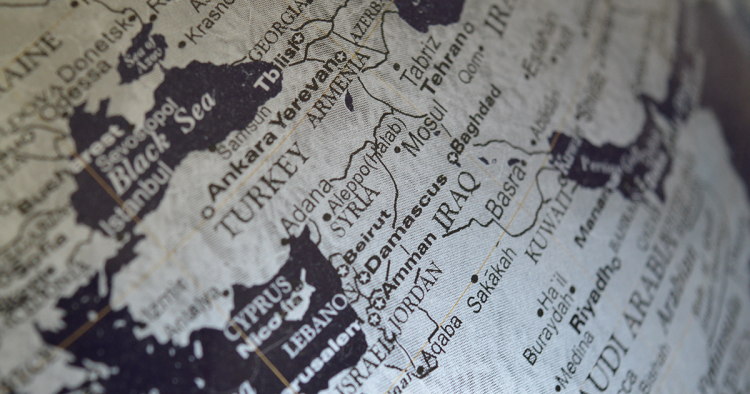West Asia (also referred to in this piece as the “Middle East”) went through a decade characterized by intense cycles of proxy conflicts and civil upheavals in Yemen, Iraq, Libya, and Syria and regional competition in the maritime spaces in the East Mediterranean, Red Sea, and Arabian Gulf. Now, regional capitals seem to be on track to pursue de-escalation. However, some analysts and policymakers have rushed to cast the recent rapprochements between Iran and Saudi Arabia, Türkiye and Egypt, Egypt and Qatar, Türkiye and the United Arab Emirates (UAE), Türkiye and Saudi Arabia, and other regional efforts for de-escalation as strategic alignments that will alter the geopolitical map of the broader region. This characterization is inaccurate and conflates tactical de-escalation with strategic alignment. As the Middle East grapples with the increasing global disorder, the Ukraine conflict, growing tensions in Asia, and the United States’ (US) changing level of commitment to the region, the fundamental issues that set the region on a collision course in the first place are still intact and will not break the cycle of competition and proxy conflict that consumed the region in the past.
Global disorder
What is taking place in the broader Middle East is a tactical de-escalation, meaning regional powers aim to recalibrate their positioning in light of not only West Asian political realities but also those of global disorder that has intensified as a result of the COVID-19 pandemic, the Ukraine crisis and its global economic and political fallout, as well as the increasing tensions surrounding Taiwan and the broader Indo-Pacific region. The pandemic had an enormous impact and slowed down regional economies, disrupted supply chains, and increased debt levels. Despite the scope and magnitude of the disruption caused, it did not break the cycle of intensive proxy conflict and geopolitical posturing. However, it left regional capitals with less of a cushion to handle the subsequent escalation in Ukraine and future major disruptions, such as a potential escalation in the Taiwan Strait.
The Middle East Institute (MEI) is an independent, non-partisan, non-for-profit, educational organization. It does not engage in advocacy and its scholars’ opinions are their own. MEI welcomes financial donations, but retains sole editorial control over its work and its publications reflect only the authors’ views. For a listing of MEI donors, please click here.













